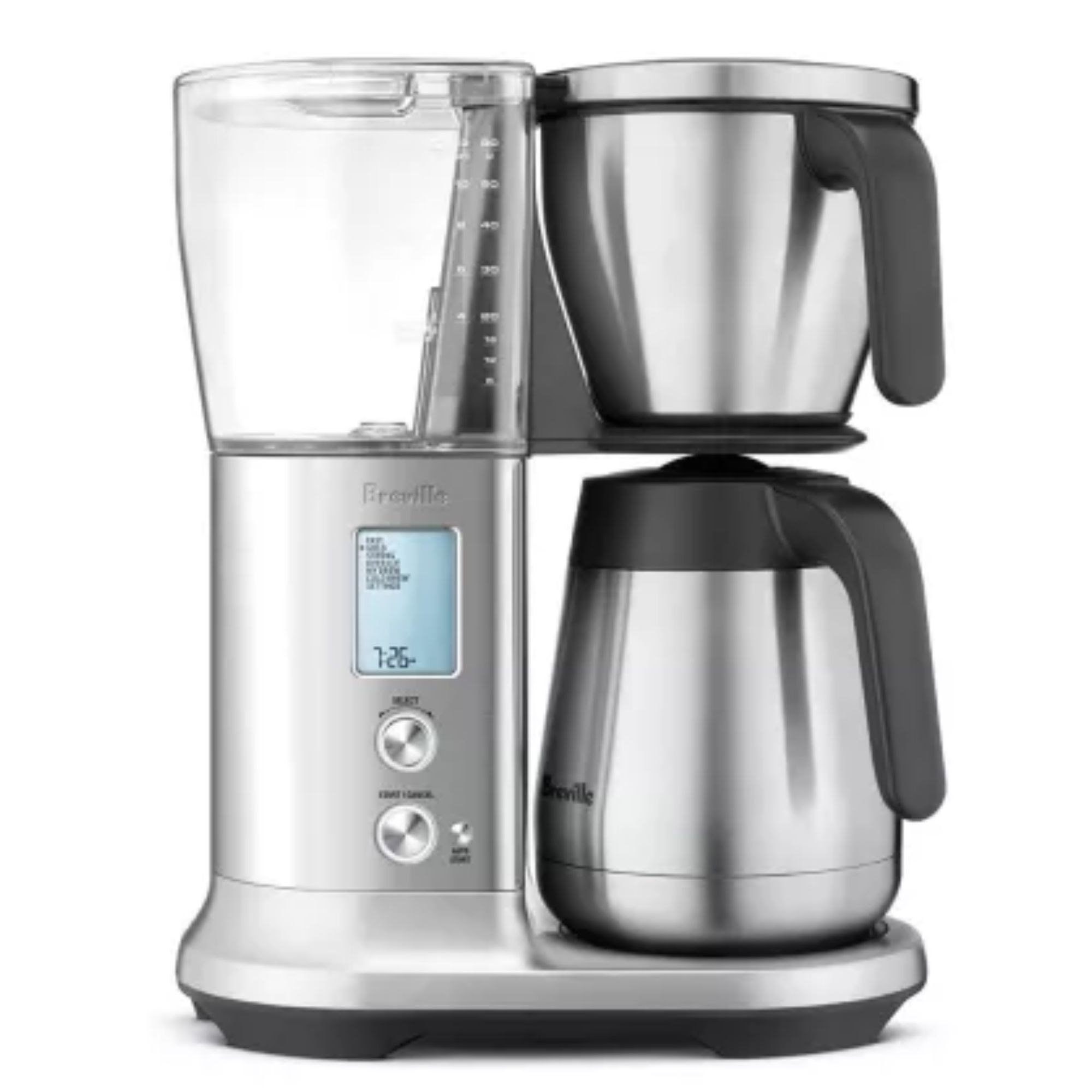Pour-over vs drip coffee –which is the best way to brew?
Here's what baristas say about the pour-over vs drip coffee debate.

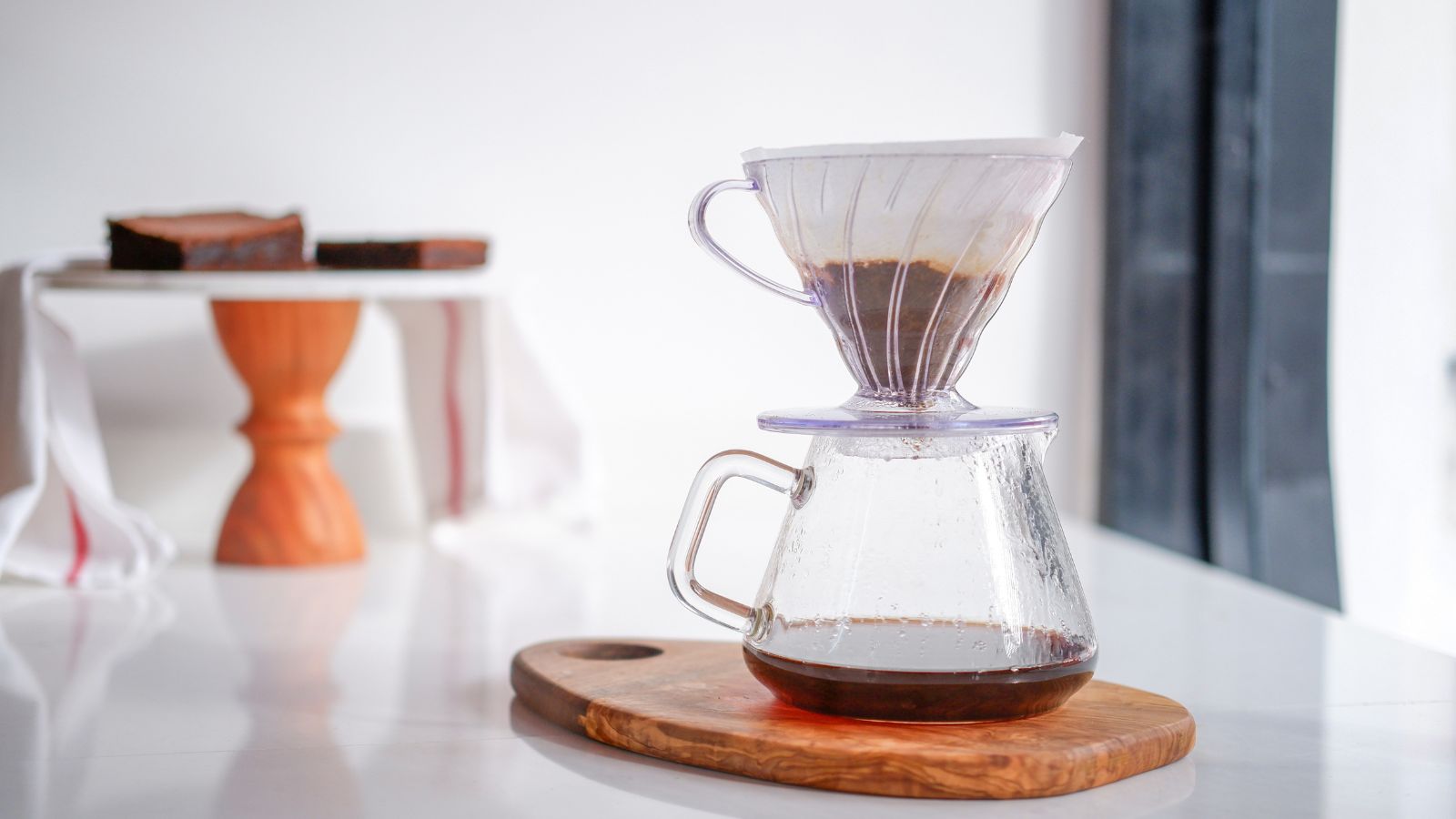
Design expertise in your inbox – from inspiring decorating ideas and beautiful celebrity homes to practical gardening advice and shopping round-ups.
You are now subscribed
Your newsletter sign-up was successful
Want to add more newsletters?

Twice a week
Homes&Gardens
The ultimate interior design resource from the world's leading experts - discover inspiring decorating ideas, color scheming know-how, garden inspiration and shopping expertise.

Once a week
In The Loop from Next In Design
Members of the Next in Design Circle will receive In the Loop, our weekly email filled with trade news, names to know and spotlight moments. Together we’re building a brighter design future.

Twice a week
Cucina
Whether you’re passionate about hosting exquisite dinners, experimenting with culinary trends, or perfecting your kitchen's design with timeless elegance and innovative functionality, this newsletter is here to inspire
If you're someone who likes a lighter, more delicate cup of coffee, the pour over vs drip coffee debate is well worth considering. Both are delicious ways to make a cup of speciality, freshly-ground coffee, but which works best for you?
As a former barista, I've been there and drunk that with almost every coffee brewing style on the market. I've tested the best pour-over coffee makers on the market as well as the best drip coffee makers, so I know what to expect from both methods.
I've spoken with other baristas and coffee experts to help you decide which one is the brewing style for you and how to make sure you're brewing your coffee right.
What's the difference between drip and pour-over coffee?
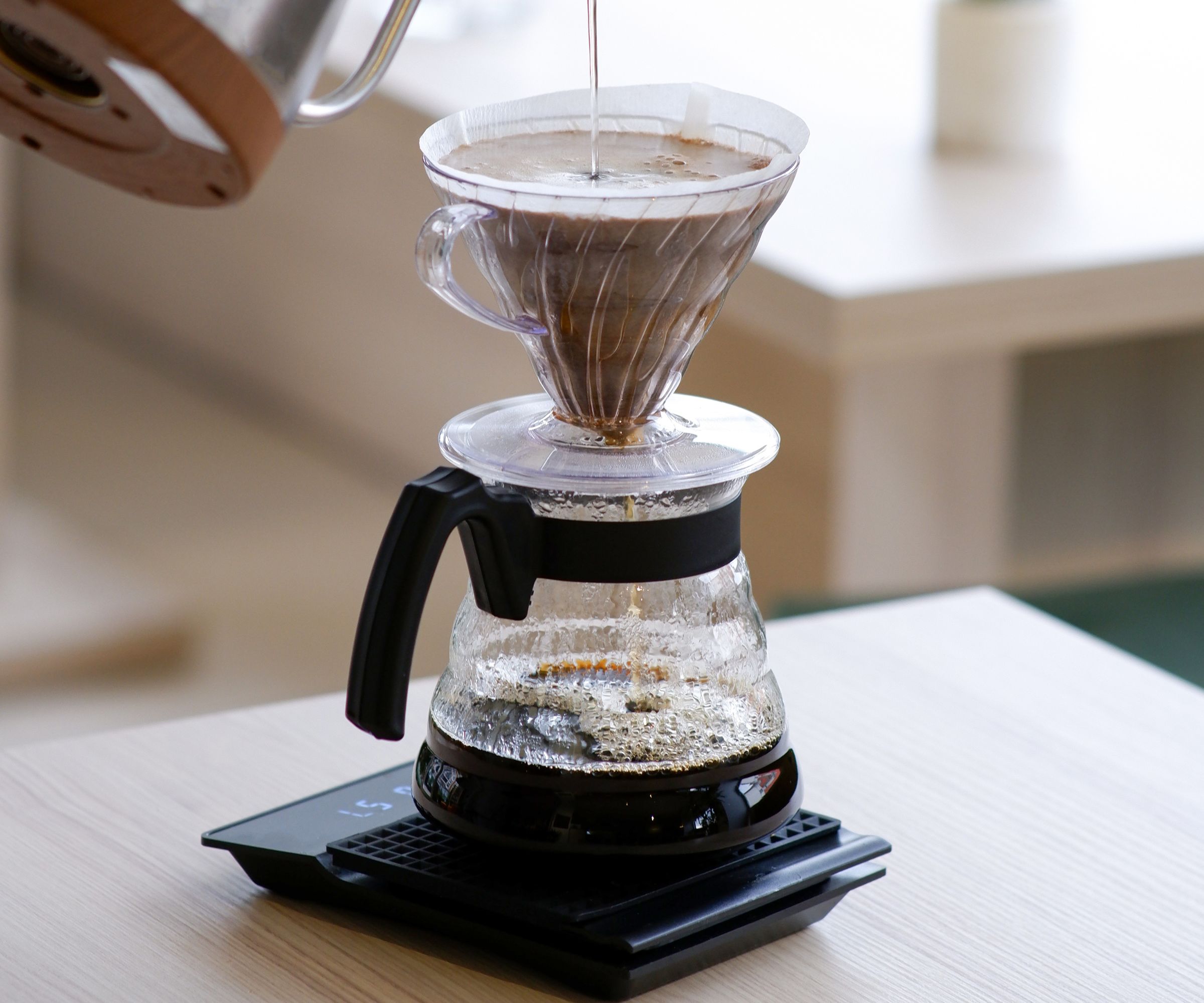
Both pour-over and drip coffee are popular brewing styles if you like it lighter and a little less intense cup of coffee. It's a completely different realm to your cafe's barista brewed espresso shots and French press coffee (the pour over vs French press is a whole other debate), but that's all part of coffee's beauty. It's so versatile.
Jessica Easto, specialist coffee writer who is the author of two books on the subject, says that pour-over and drip coffee 'actually follow the the same process. The scientific term for both of these is the infusion method. The main difference is that with one (pour-over), a human is pouring the coffee and, with the other (drip coffee), a machine is pouring the coffee'.
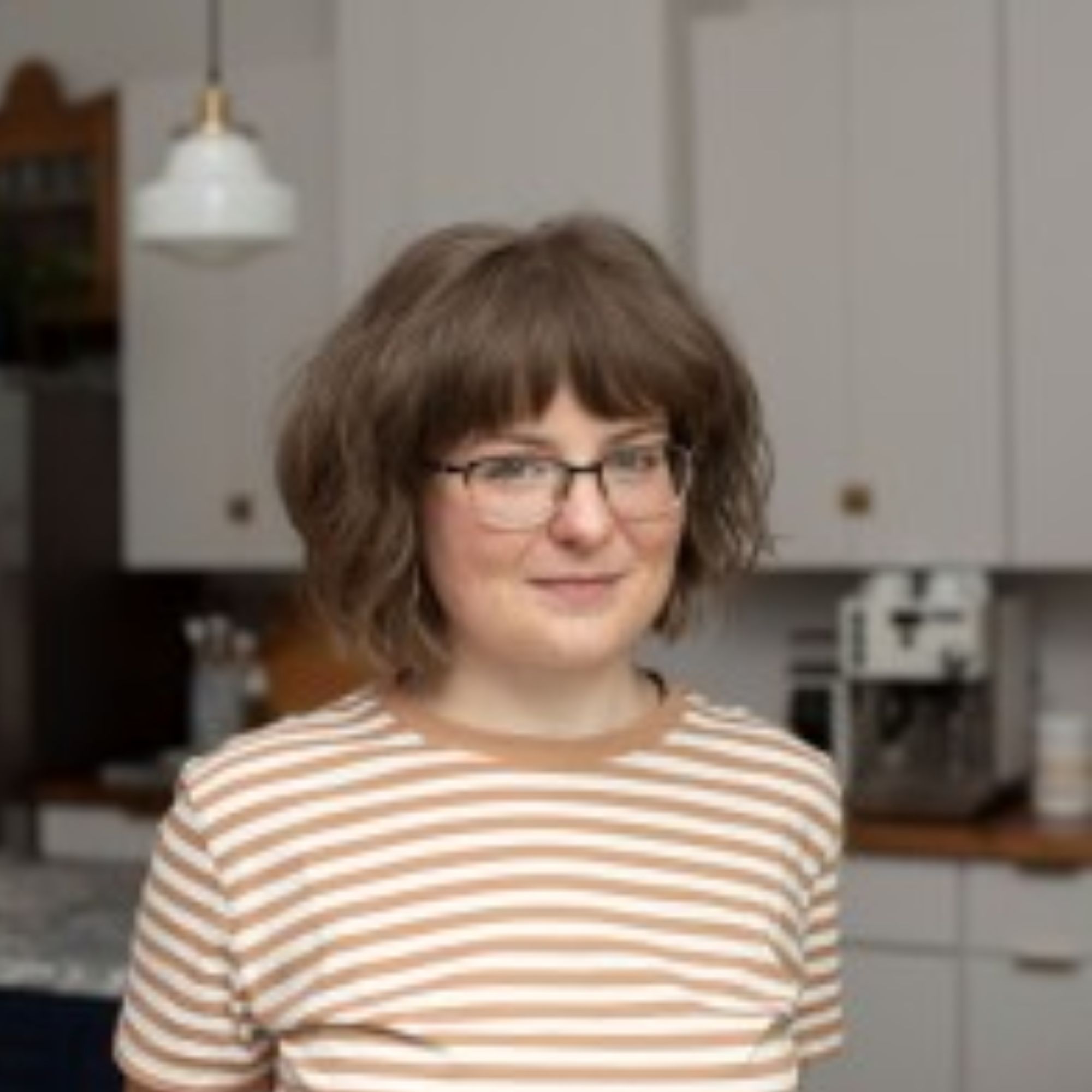
Jessica is the author of two books about coffee. Her first is Craft Coffee: A Manual, available at Amazon, and her second is How to Taste Coffee, available at Bookshop.org. She's experienced in all things coffee, so is the perfect person to deliver all the pour-over vs drip coffee debate details.
The infusion method is exactly as you would expect from the name. It involves hot water, poured over coffee grounds. The water carries coffee oils into your cup, delivering on all the classic coffee flavors we know and love.
Pour-over coffee is often seen as more of a crafted, involved process. You'll need a gooseneck kettle like this from Walmart and it will generally make just one or two servings. There's no automation here, but the fact that you make it by hand means that you can achieve more precise, nuanced flavors.
Design expertise in your inbox – from inspiring decorating ideas and beautiful celebrity homes to practical gardening advice and shopping round-ups.
Drip or filter coffee machines automate where you would normally reach for a kettle when making pour-over. Using a machine means that you can batch-brew. That's life-saving if you live in a large home. You can often set these machines to brew for a set time in the day too, plus they'll keep your coffee warm if you forget about it.
As you can see, there's a lot to love for both. I'll go deeper into detail for the process of both filter and pour-over coffee, whilst also recommending the best drip and pour-over coffee makers on the market too.
What is drip coffee?
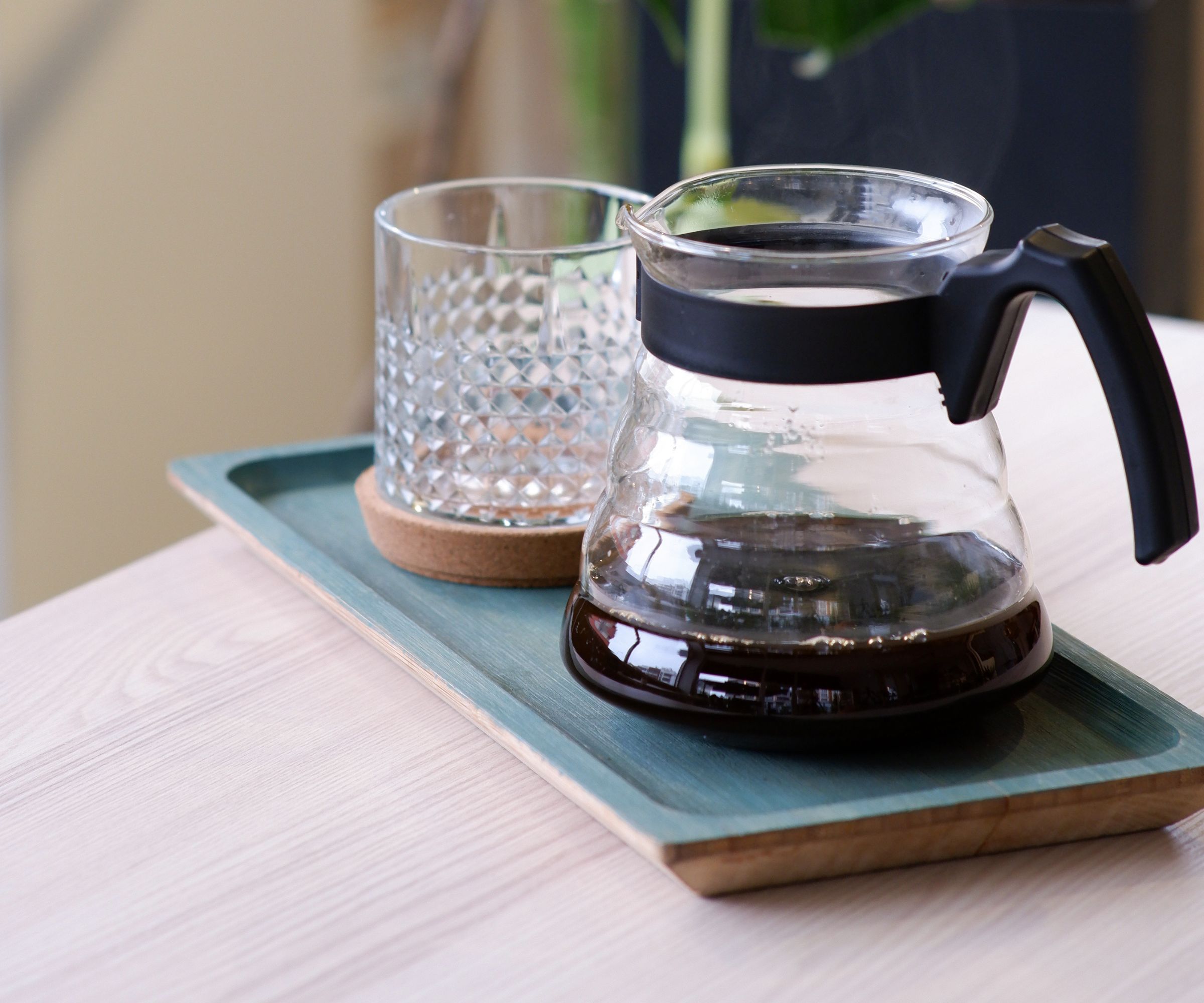
Also known as filter coffee, drip coffee is one of the nation's most popular ways to consume coffee. It's been a household staple for years and isn't going anywhere anytime soon. If you need to be reminded of the comforts of drip coffee, think of the series Friends. Drip coffee is Central Perk style coffee.
Most drip machines are automated, so all you have to do is fill a water reservoir with water and place coffee grounds in a filter basket. Your machine will heat water and saturate your coffee grounds, collecting the infused water in a carafe below. There's often a warming plate which will keep your coffee warm for whenever you want it, although some machines also have a pre-set where you can ask for your coffee to brew at a specific time.
Jecca Chantilly (also known as Jessica Chan) is food blogger and former cafe manager. She says that anyone new to drip coffee should follow the 'two tablespoons per six ounces of water method to start with. Then you can get adventurous and vary the beans you use as well as your grind size. The most important thing to remember is that a good cup of coffee always starts with high-quality beans'.
The best coffee grinders will can help enhance the flavors of your coffee. Jecca says that 'pre-ground coffee can become stale and lose its aroma and robust flavors. With freshly ground coffee, you minimize exposure to oxygen, allowing the coffee beans to retain a richer and fuller taste'.
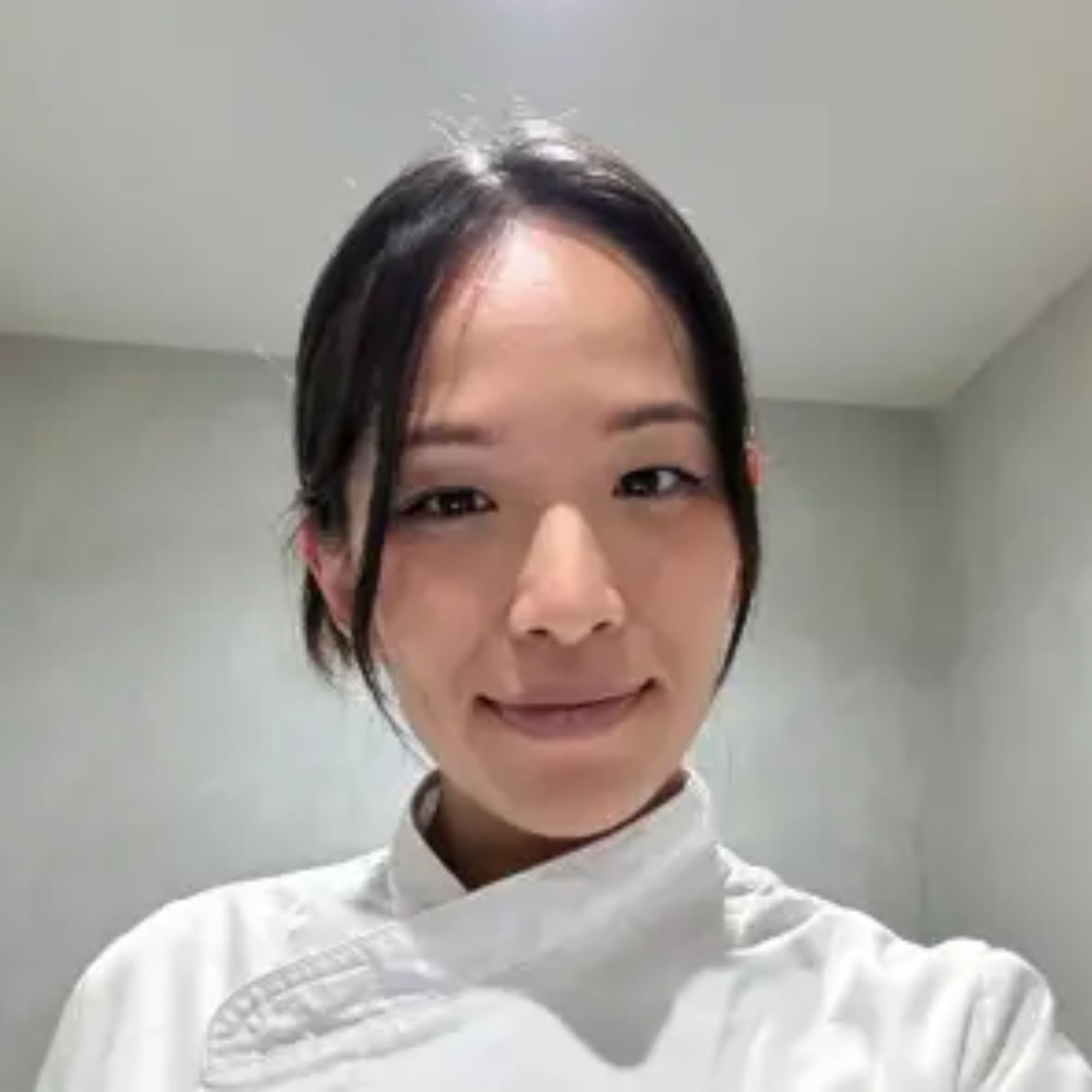
Jecca has over five years of barista experience and used to manage a cafe. She's since turned her hand to food writing and now blogs about all things food and drink, with a special soft-spot for coffee still. She's worked closely with brands such as Illy Coffee, so knows the deep details of the coffee industry.
If your mornings are beyond busy and you need to serve multiple cups of coffee to lots of people, a drip coffee maker will suit you down to the ground. You'll get to enjoy the speed and capacity of instant coffee, but with better, more consistent flavors.
Luckily, our team of experts have tested the best drip coffee makers on the market. If you're interested in getting a general idea of our thoughts, here's a selection of our favorites.
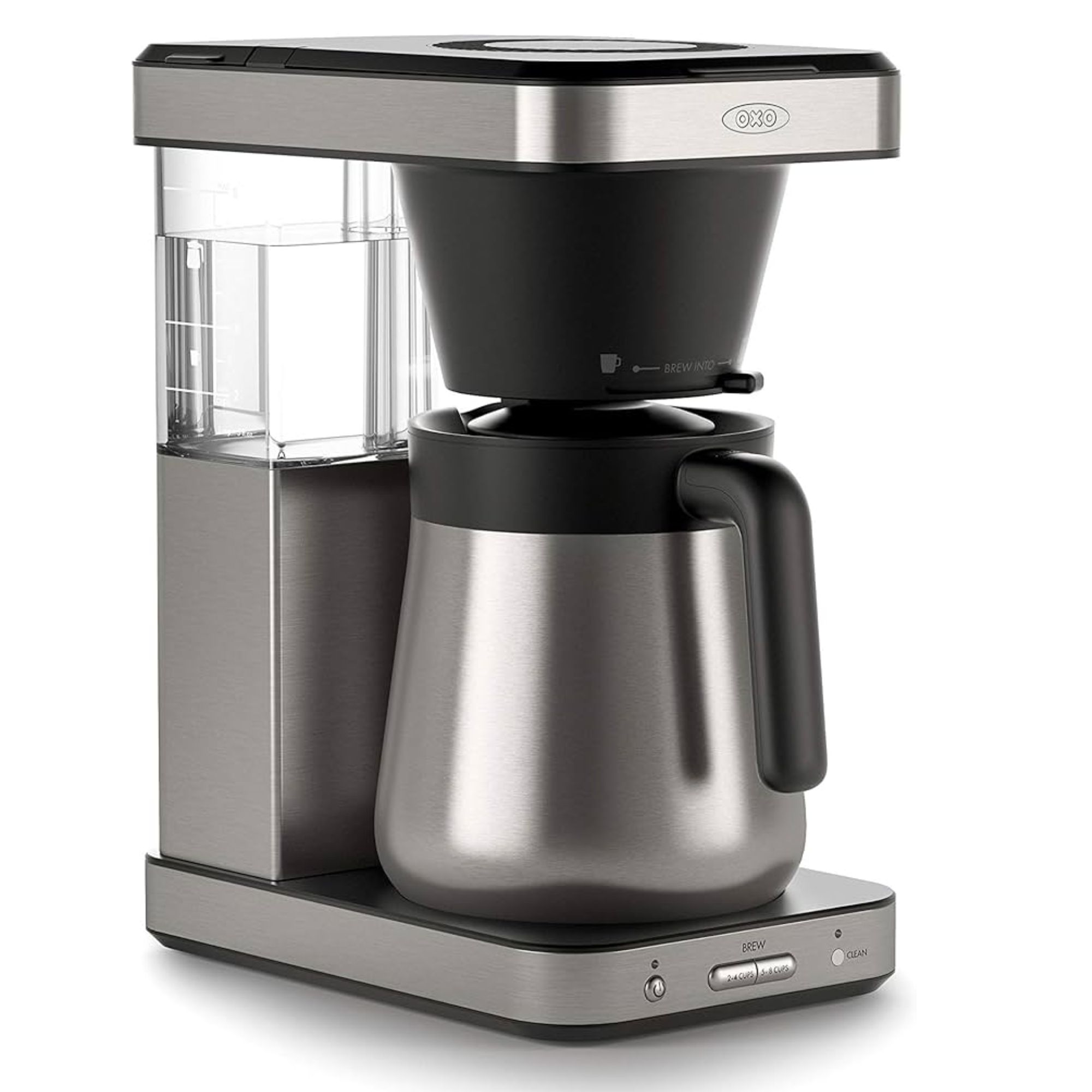
This is the best drip coffee maker on the market. It's at the top of every coffee-lover's wish list. It can make everything from a single shot to a whole carafe of delicious coffee. The OXO is simple and easy to use, but not the most beautiful option on the market.
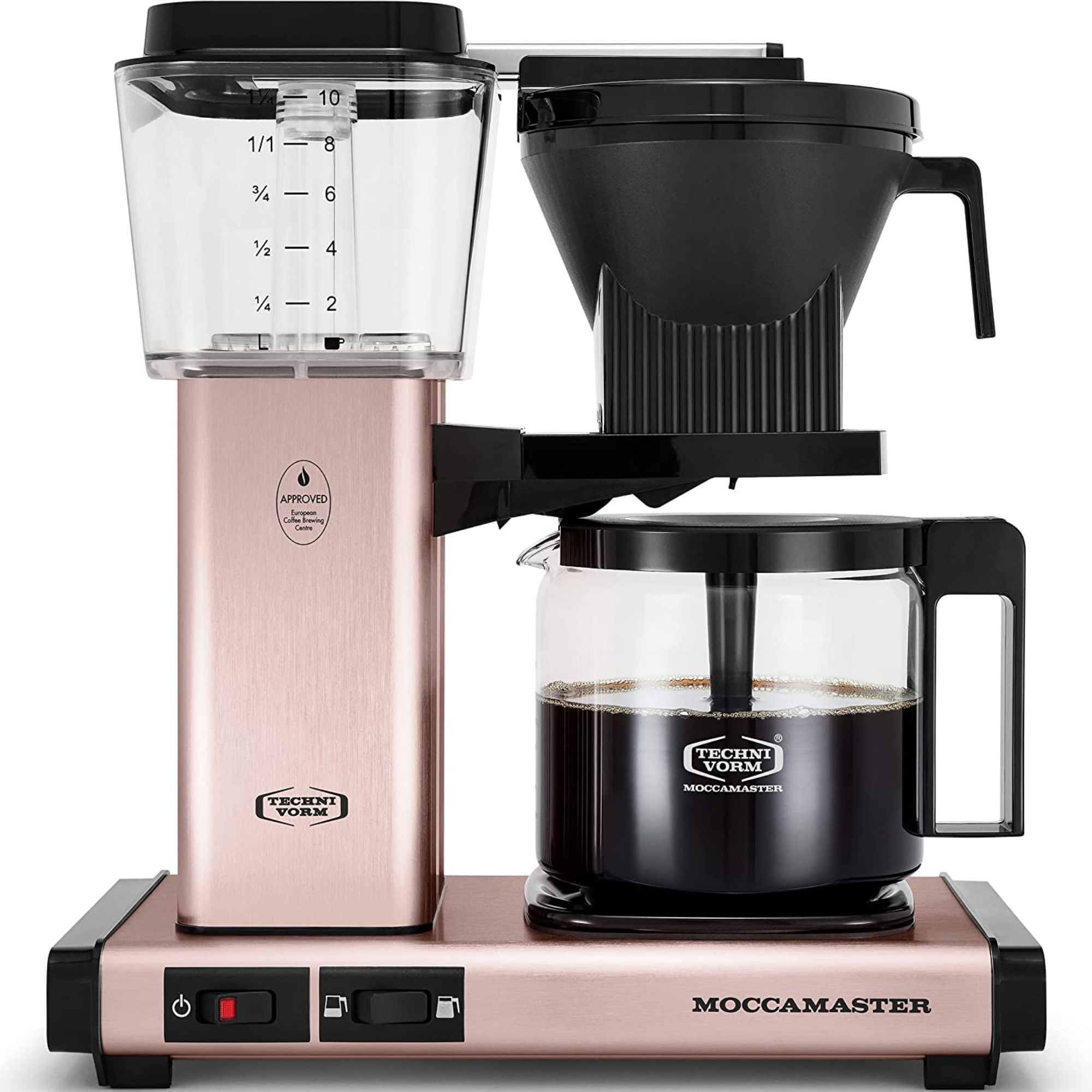
If you're seeking sheer filter coffee luxury, you're in the right place. The Moccamaster is available in an extensive range of colors to suit any kitchen. Sure, it comes with a large upfront cost, but it's made to last you for a lifetime.
What is pour-over coffee?
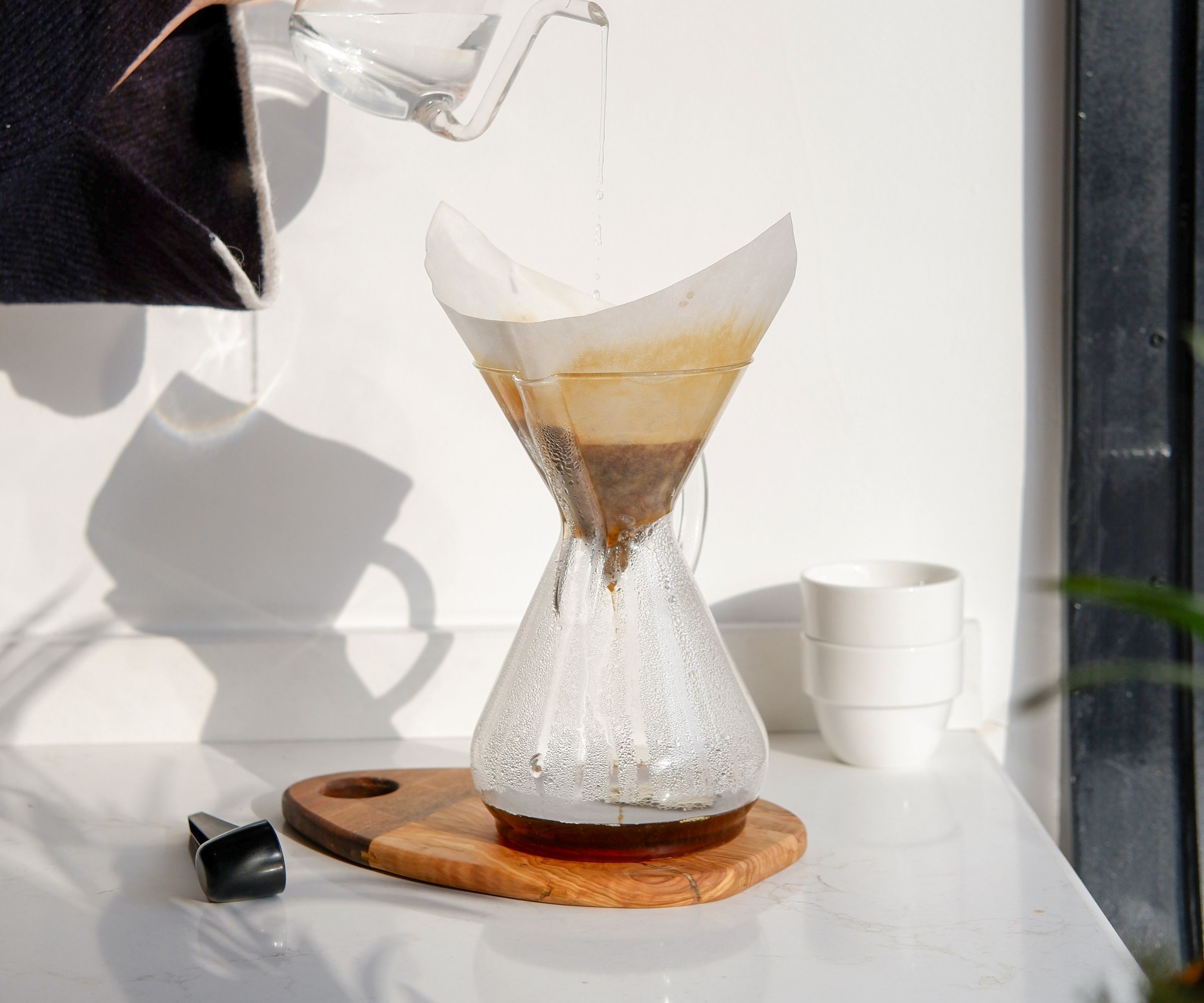
Pour-over falls into a more handmade style of brewing coffee. Kayla Stavridis, a former Starbucks barista and the Head of Marketing at Barista HQ, says that pour-over method is best suited to a 'coffee aficionado who appreciates the art of brewing and is willing to invest a bit more time and attention into each up. You can experiment with grind size, water temperature, and pouring technique, making it a rewarding method for those who want to tinker and taste'. She also added that it offers a 'richer and more detailed flavor profile. It requires patience and practice, but rewards you with a superior cup of coffee'.
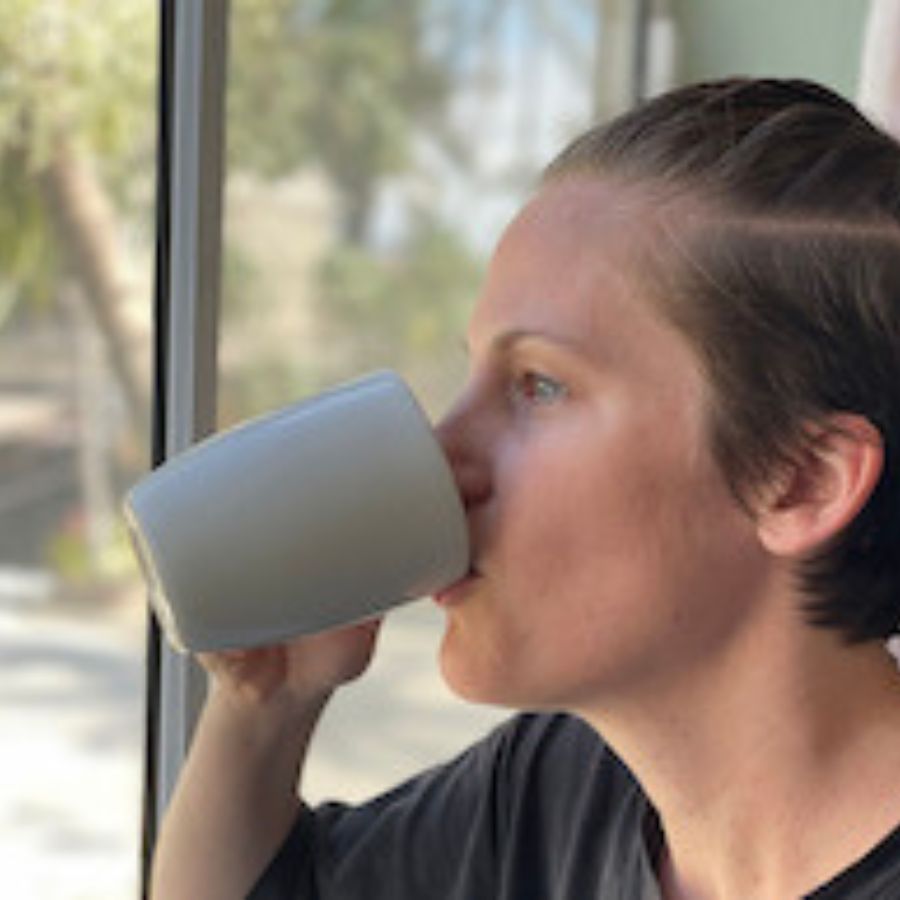
Kayla has a history rooted in her time as a barista at Starbucks. She's now the Head of Marketing at Barista HQ and spends all of her time (work and leisure) making coffee and experimenting with different coffee styles. In other words, she's the authority on all things coffee.
When making pour-over, you'll place a cone of filter paper into a holder. It doesn't have to be anything fancy; even inexpensive filter paper like this at Walmart more than does the job. Then, using (ideally freshly) ground coffee and a gooseneck kettle, you pour water in a spiral pattern over your grounds. The water filters through the coffee grounds and collects in a cup below.
Some pour-overs use permanent steel filters, like this at Walmart, some will double filter, and others only call for paper. Paper generally gives smoother results, but is an ongoing cost and can absorb some of the more flavorful coffee oils. Re-usable filters mean less waste and you can still make a delicious cup of coffee with them.
If you like the sound of a more artisanal approach to your cup of coffee, here are my three favorite pour-overs. There are even more options in our buying guide for the best pour-over coffee makers.
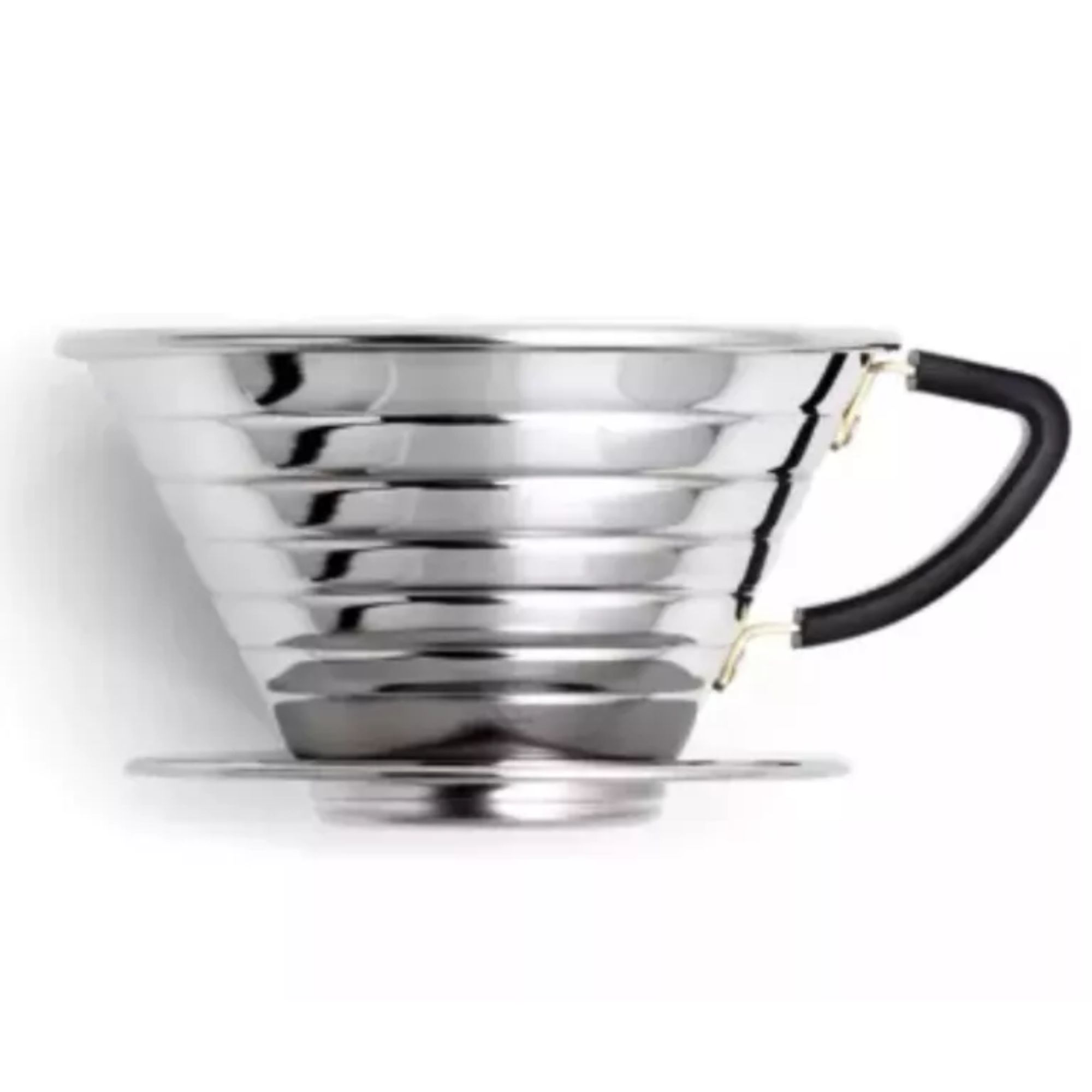
The Kalita is universally loved. You can make enough cups of coffee for a few friends, but won't be serving the whole family at once. It's also hand-wash only.
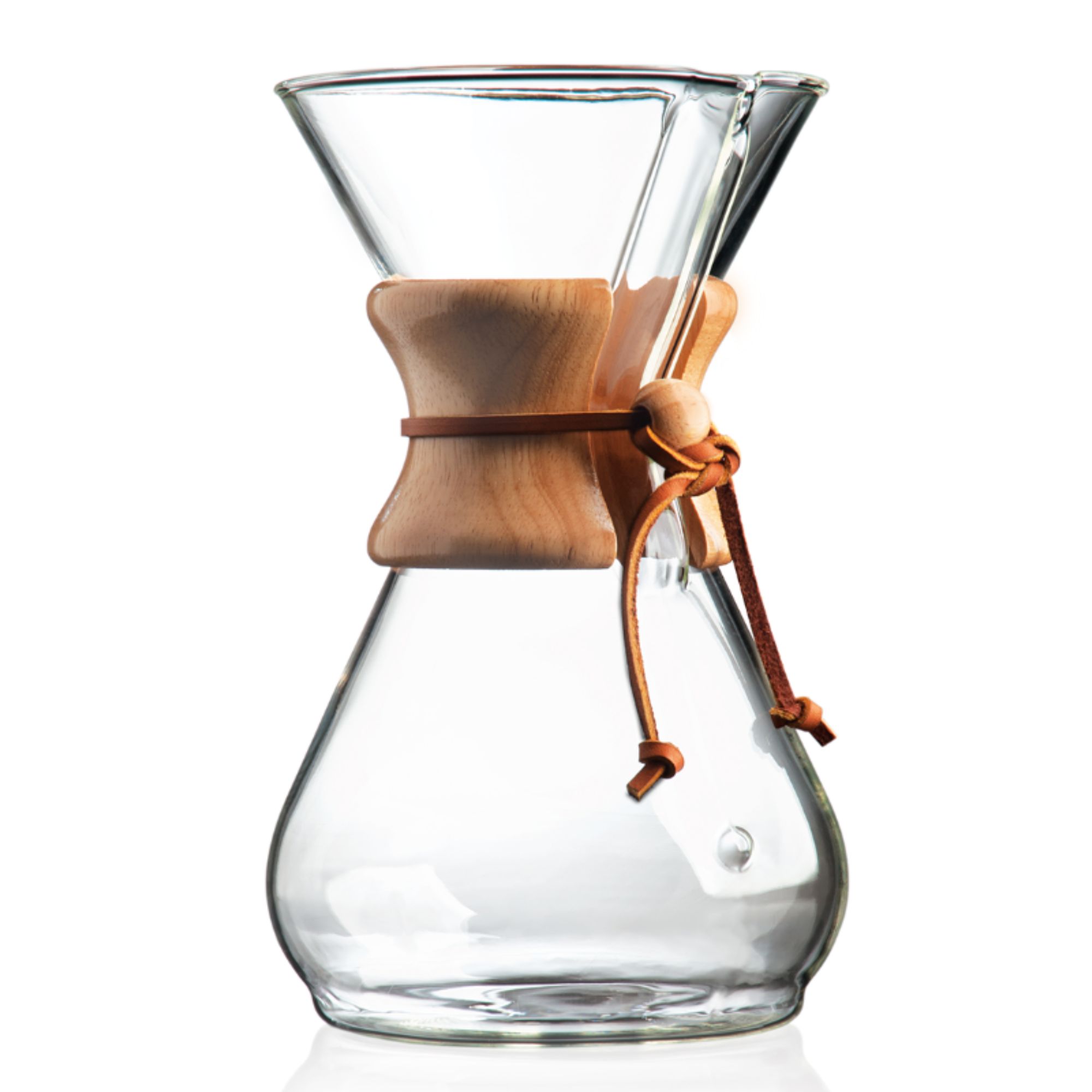
If you need capacity or you make cold brew as well as pour-over, you will love the Chemex. The glass carafe is easy to store and beautifully designed, but it makes a lot of coffee for one.
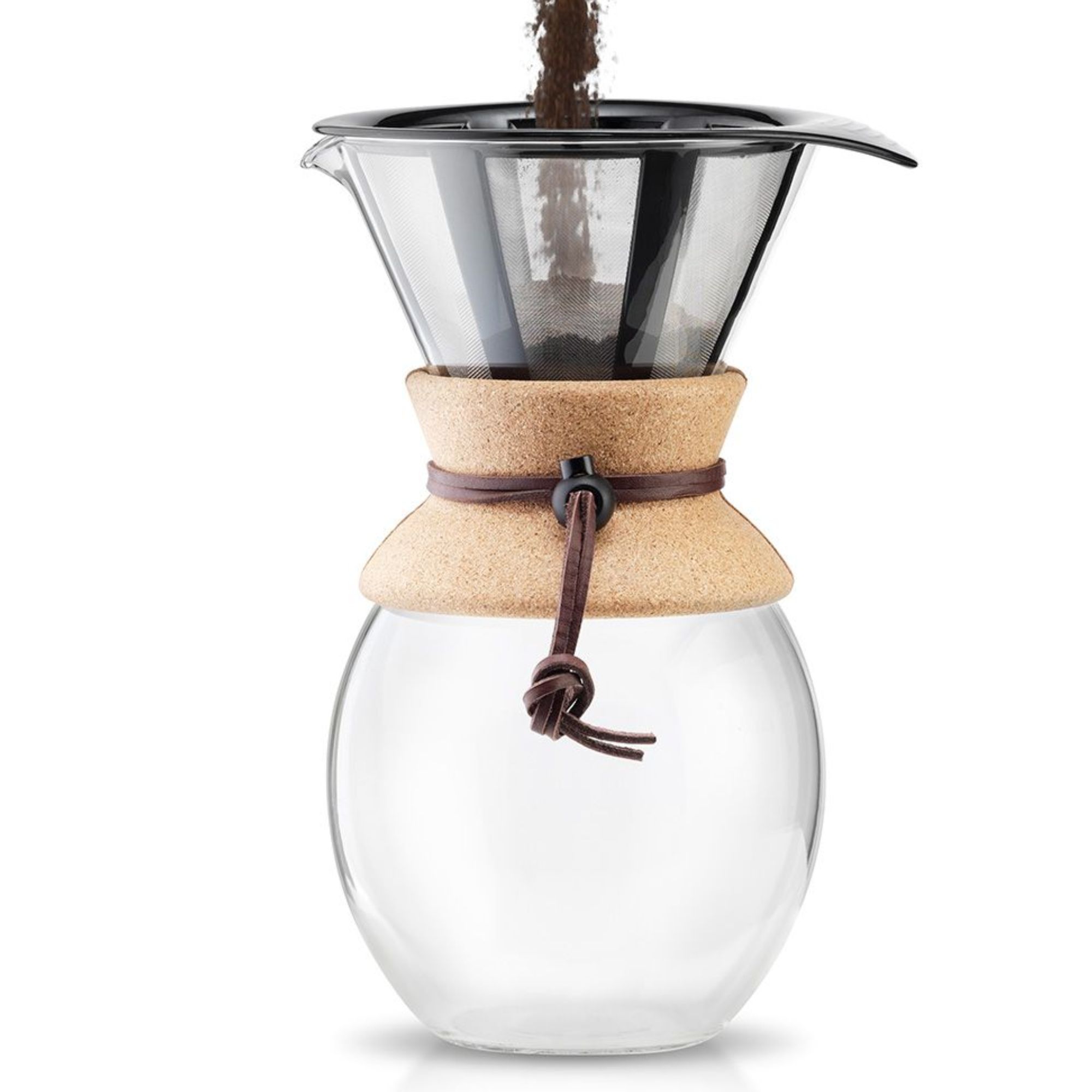
In signature Bodum style, this pour-over makes life easy. The sleeve is easy to remove and comfortable to hold. Plus, all the components are eco-conscious. My only concern is over the durability.
Head-to-head

The OXO isn't as beautiful as the Kalita and it will demand much more countertop space, but it can serve up eight cups of coffee at once. It can keep your coffee warm and comes with BetterBrew technology, which gives you more control over flavors than the average filter coffee maker.

Whilst the Kalita offers much more aesthetically, capacity wise, it's much more limited. If you only drink single-servings, you won't mind, in fact, you'll probably prefer the clean up. However, be careful, this is hand-wash only.
Here's a table with all the details of each method. You can see how similar the two methods are: to change the flavors in both you'll experiment with coffee grounds (the size and variety) as well as water temperature and saturation method.
| Header Cell - Column 0 | Pour over | Drip |
|---|---|---|
| Variables | Water temperature and quantity; speed of saturation; flow rate; coffee grounds | Water temperature and quantity; speed of saturation; brew strength; coffee grounds |
| Servings | 1-8 | 2-14 |
| Equipment | Goodeneck kettle, filter, pour-over cone, carafe | Drip coffee maker, filter |
| Clean-up | Discatd grounds and filter, wash | Discard grounds, wash |
Final thoughts
There's no better option out of the two, just better for specific types of coffee drinker. If you're part of a large, busy household, which need quick, consistent coffee (without flavor subtleties) a drip coffee maker will suit you. If you're a small group or you're making single-servings, a pour-over coffee maker will help you to explore more nuanced coffee notes, experiment with flavors, and enjoy a (hand)craft coffee experience.

Laura is our eCommerce editor. As a fully qualified barista, she's our expert in all things coffee and has tested over thirty of the best coffee makers on the market. She has also interviewed Q-Graders and world-leading experts in the coffee industry, so has an intimate knowledge of all things coffee. Before joining Homes & Gardens, she studied English at Oxford University. Whilst studying, she trained as a master perfumer and worked in the luxury fragrance industry for five years. Her collection of home fragrance is extensive and she's met and interviewed five of the world's finest perfumers (also known as 'noses'). As a result of this expansive fragrance knowledge, she always puts quality and style over quantity and fads. Laura looks for products which have been designed simply and with thoughtful finishes.
